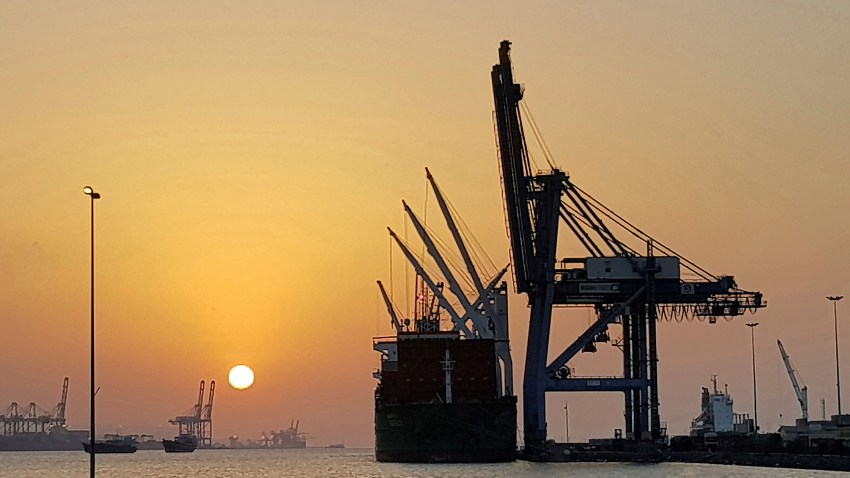With a population of just over 1 million people and few tangible resources, Djibouti has long depended on its strategic location alongside the Gulf of Aden and at the entrance to the Red Sea as its main economic asset.
Besides renting out land to countries seeking to set up military bases in the Horn of Africa—including the U.S., the U.K., France and China—Djibouti has built its economic model around shipping services and maritime logistics. And among its most prominent partners is its landlocked neighbor, Ethiopia. With one of Africa’s fastest-growing economies, Ethiopia has relied on the tiny coastal nation to handle virtually all of its imports and exports, with an estimated 95 percent of its total trade going through Djibouti’s port.
To cater to Ethiopia’s needs, Djibouti has built a host of new infrastructure, including ports for cargo and hydrocarbons as well as several industrial zones. It has also constructed a pipeline to transport gas from Ethiopia, while renovating and electrifying a 465-mile railway linking Ethiopia’s capital, Addis Ababa, and several surrounding industrial areas to the port of Djibouti. Reflecting the depth of economic ties between the two neighbors, over 75 percent of Djibouti’s GDP is currently dependent on transport services to Ethiopia.

